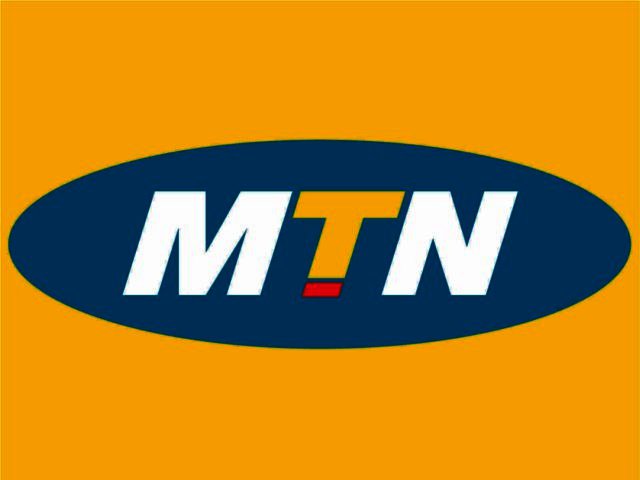Desktop as a Service viable in Africa
By Staff Writer 28 October 2011 | Categories: news
Put simply, DaaS refers to the virtual desktop – a desktop that is hosted in the cloud. The purpose of this model is to provide a full basic desktop environment. This includes the ability to generate or edit word processing documents or spreadsheets, available to all users at the flick of a switch.
It has been suggested that in Africa, there are only three computers for every 1000 people – but what if this could change? MTN Business believes that it can and with this, the possibility for DaaS for African businesses becomes viable.
Says Johnny Aucamp, general manager for Strategic Relations and Business Development Africa at MTN Business: “Considering the low PC stats per user in Africa, such a technology model can be considered perfect for businesses operating in this region. Traditional desktop PCs today remain an expensive capital outlay for businesses, especially from a services point of view. In fact, according to a study undertaken by Gartner, on average, companies spend up to $7000 per PC per year on operating costs, where 77% of this is on service and support alone. With DaaS these costs concerns can be significantly reduced without business growth being affected.”
Furthermore, DaaS also allows employees to have access to work documents via other mobile devices, providing convenience and strategically aligning with the current mobile trend that Africa will continue to experience.
To explain this further, MTN Business provides the example of a 24 hour call centre. Currently, every employee that works in the call centre, regardless of their different shifts, requires a PC to be able to access their work and get the job done. This means that if there are 100 employees, 100 PCs are required. However, out of these 100 employees, let’s say 70 work the day shift – that means that 30 computers are not being used during the day. With DaaS, the 24 hour call centre would only need 70 PCs, as DaaS allows those employees who work the night shift to access their work from any PC in the office. In essence, the call centre would not need 30 computers, which can be a large cost saving.
Concludes Aucamp: “Although stats show that Africa still has the lowest internet access penetration in the developing world of only 9.6%, much is currently being done from a technology implementation and infrastructure perspective to change this. While Africa is considered to not yet have the full IT infrastructure required for DaaS to be 100% operational and beneficial to businesses, many cities do have the necessary redundancy to see immediate savings on the continent. As the continent continues to evolve, the potential for DaaS increases and when the continent is ready, businesses should be ready to embrace the DaaS revolution.”
In related news, MTN Business has recently launched its SME Plus offering, a portfolio of solutions that aims to address the needs of small and micro businesses in South Africa.
Most Read Articles

Have Your Say
What new tech or developments are you most anticipating this year?



